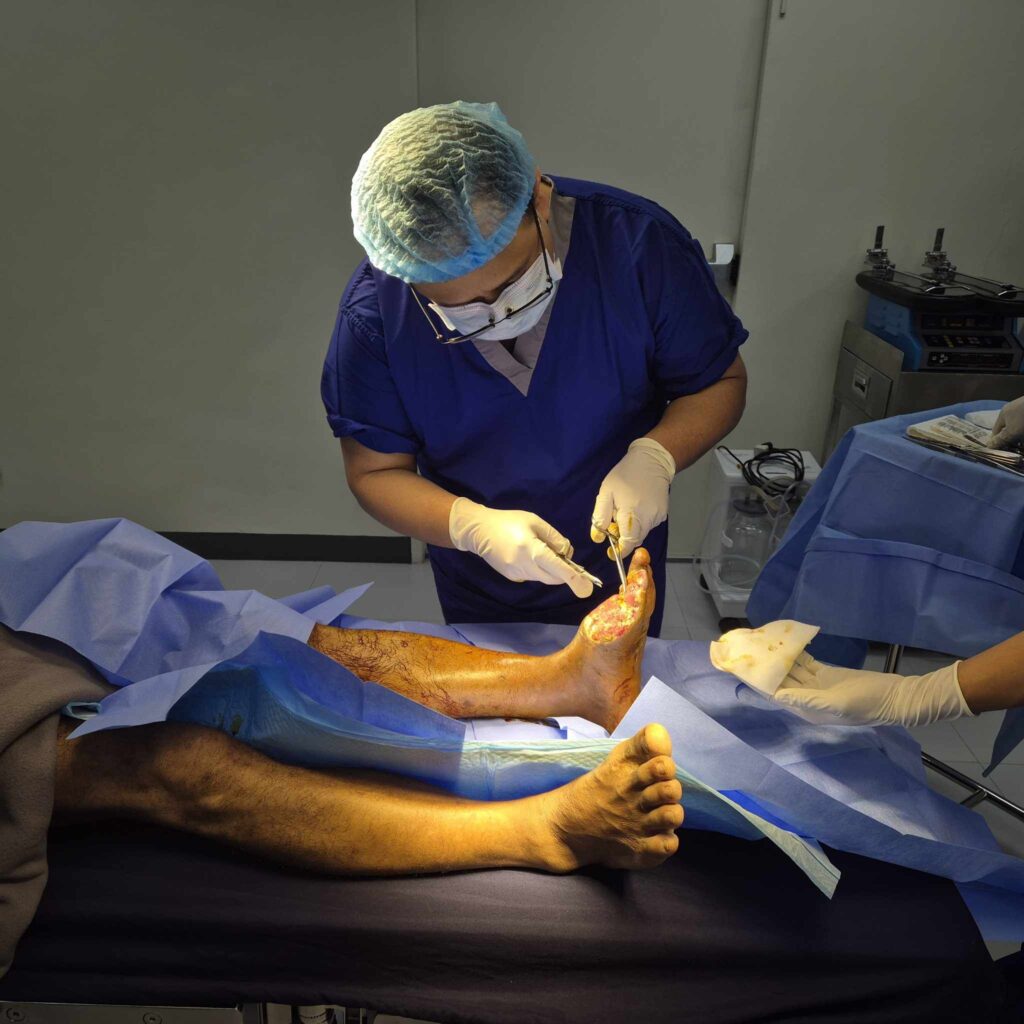Reproductive Endocrinology and Infertility (REI) specialists play a crucial role in helping individuals and couples navigate the complex world of fertility challenges. These specialists are medical doctors trained to diagnose, manage, and treat reproductive disorders affecting both men and women. Unlike general fertility care providers, REI specialists focus on the underlying hormonal, structural, and genetic factors that can prevent conception. By combining advanced medical techniques with personalized care, they offer solutions tailored to each patient’s unique circumstances. Understanding how these specialists work can empower prospective parents to make informed decisions about their reproductive health. Many individuals struggle with fertility issues silently, but knowing that specialized support is available can bring hope and clarity. Their expertise extends beyond conception, including maintaining reproductive health and preserving fertility for future family planning.
Fertility challenges can stem from various causes, and REI specialists are trained to address a wide range of issues. For women, common problems include ovulation disorders, polycystic ovary syndrome (PCOS), and premature ovarian failure. These conditions can disrupt the delicate hormonal balance required for conception. Age-related fertility decline also plays a significant role, as egg quality and quantity decrease over time. For men, infertility issues often involve low sperm count, poor sperm motility, or hormonal imbalances. Some couples face unexplained infertility, where standard evaluations fail to identify a clear cause. In such cases, the specialized knowledge of REI professionals becomes essential to uncover subtle reproductive challenges and implement effective treatment plans.
Diagnosing fertility issues requires precision and thorough testing. REI specialists utilize a combination of hormonal assessments, imaging studies, and advanced laboratory evaluations to identify obstacles to conception. Hormonal testing measures key reproductive hormones, providing insight into ovulation cycles and ovarian function. Ultrasound imaging helps track follicle development and detect structural abnormalities in reproductive organs. Semen analysis evaluates sperm quality, quantity, and motility, which are critical factors in male fertility. More advanced diagnostic tools may include genetic screening, hysterosalpingography, and laparoscopy to detect underlying conditions that could impede fertility. Comprehensive evaluations ensure that treatment plans are based on accurate, individualized data, increasing the likelihood of success. This meticulous approach distinguishes REI specialists from general healthcare providers, making their guidance invaluable for couples trying to conceive.
Treatment options offered by REI specialists are diverse and tailored to the specific needs of each patient. Common approaches for women include ovulation induction using medications to stimulate egg release. Intrauterine insemination (IUI) is another method, where sperm is directly placed in the uterus to enhance fertilization chances. In vitro fertilization (IVF) remains one of the most advanced assisted reproductive technologies, allowing fertilization to occur outside the body before transferring embryos into the uterus. Surgical interventions can correct structural issues such as blocked fallopian tubes or uterine abnormalities. Fertility preservation options, such as egg freezing, sperm banking, and embryo freezing, provide flexibility for individuals wishing to delay parenthood. For men, treatment may include hormone therapy, surgical correction of blockages, or lifestyle interventions to improve sperm quality. Each of these treatments is carefully selected based on comprehensive testing, ensuring the highest potential for a successful outcome.
Personalized care is a cornerstone of how Reproductive Endocrinology and Infertility specialists provide solutions. Every patient’s fertility journey is unique, influenced by medical history, lifestyle factors, and emotional well-being. Treatment plans are customized and regularly adjusted based on ongoing monitoring and response to therapy. A multidisciplinary approach often enhances results, incorporating nutrition guidance, mental health support, and lifestyle adjustments. Emotional support is particularly important, as fertility challenges can cause stress, anxiety, and emotional strain. REI specialists collaborate closely with patients, providing education and guidance throughout the process. By fostering a supportive and transparent environment, specialists help patients feel empowered and informed at every stage. This level of personalized care separates standard fertility treatment from a comprehensive, holistic approach to reproductive health.
Advances in reproductive medicine continue to improve outcomes for individuals seeking fertility solutions. Cutting-edge techniques in assisted reproductive technology have increased success rates and expanded treatment options. Genetic testing enables specialists to identify potential risks and customize interventions based on an individual’s genetic profile. Personalized medicine allows for more precise hormone therapies, optimized IVF protocols, and targeted interventions for male and female infertility. Emerging technologies are constantly reshaping the field, offering hope for couples facing complex fertility challenges. Staying up-to-date with these innovations ensures that patients have access to the most effective and evidence-based treatments available. REI specialists integrate these advancements with compassionate care to provide solutions that are both scientifically rigorous and emotionally supportive.
Emotional and psychological support is a vital component of fertility care. The stress of trying to conceive, coupled with the uncertainty of treatment outcomes, can impact mental well-being and even affect fertility. REI specialists often work alongside counselors, therapists, and support groups to provide comprehensive emotional care. Patients are encouraged to participate in stress reduction techniques, such as mindfulness, yoga, or guided therapy sessions. Open communication with healthcare providers ensures that patients feel heard and supported throughout their journey. Educational resources help patients understand their conditions and treatment options, reducing anxiety and promoting confidence. A holistic approach addresses not just the physical, but also the emotional and psychological aspects of fertility. This integrated care ensures that patients are treated as whole individuals rather than just cases.
Key Fertility Treatments Offered by REI Specialists
- Ovulation induction and medication therapies for women
- Intrauterine insemination (IUI) procedures
- In vitro fertilization (IVF) and embryo transfer
- Surgical corrections for reproductive structural issues
- Fertility preservation including egg freezing, sperm banking, and embryo freezing
- Male fertility treatments such as hormone therapy and sperm quality improvement
- Lifestyle and nutrition adjustments to support reproductive health
Frequently Asked Questions
1. What is the difference between a fertility specialist and a reproductive endocrinologist?
A fertility specialist generally provides basic fertility care and evaluation, while a reproductive endocrinologist has advanced training in hormonal and reproductive disorders, offering specialized diagnostic and treatment options.
2. How long does it usually take to see results from fertility treatments?
Treatment timelines vary based on the specific condition and therapy. Some patients may see results within a few months, while others may require longer, multi-cycle treatments to achieve conception.
3. Are fertility treatments covered by insurance?
Coverage depends on the insurance provider and the specific treatment. Some plans partially cover procedures like IUI or IVF, while others may offer limited support. It is important to consult with both the insurance company and the clinic for detailed coverage information.
4. Can both men and women benefit from seeing an REI specialist?
Yes, reproductive endocrinology addresses fertility issues in both men and women. Men may require testing for sperm quality, hormone levels, and reproductive health, while women may need evaluation for ovulation, hormonal balance, and reproductive organ function.
5. What lifestyle changes can improve fertility outcomes?
Healthy nutrition, regular exercise, stress management, avoiding smoking and excessive alcohol, and maintaining a healthy weight can all improve fertility outcomes for both men and women.
Takeaway
Reproductive Endocrinology and Infertility specialists provide solutions by combining advanced medical expertise with personalized care. Their ability to diagnose, treat, and manage complex fertility challenges offers hope to individuals and couples striving to conceive. Through a combination of cutting-edge treatments, emotional support, and holistic care, these specialists help patients navigate one of life’s most challenging journeys. Understanding the full scope of their services and the personalized nature of their care can empower prospective parents to make informed choices about fertility and reproductive health. With the right guidance and support, the path to parenthood becomes more achievable and less overwhelming.






